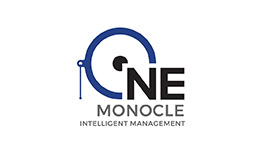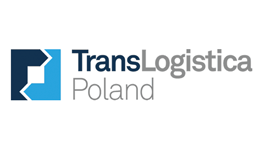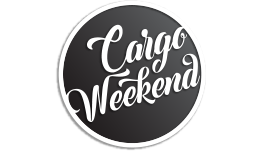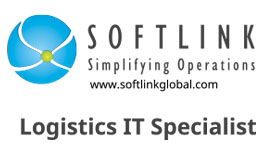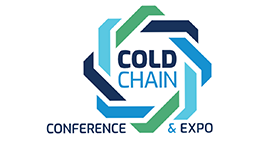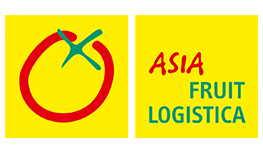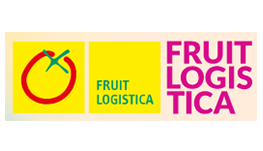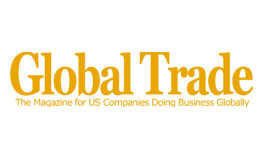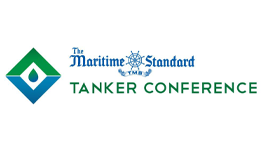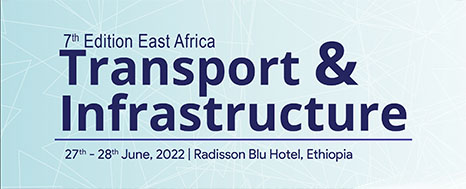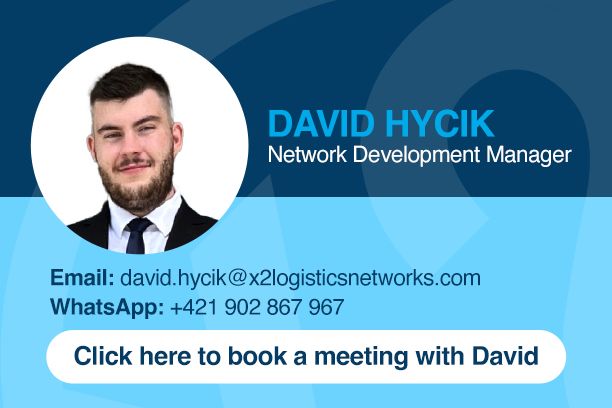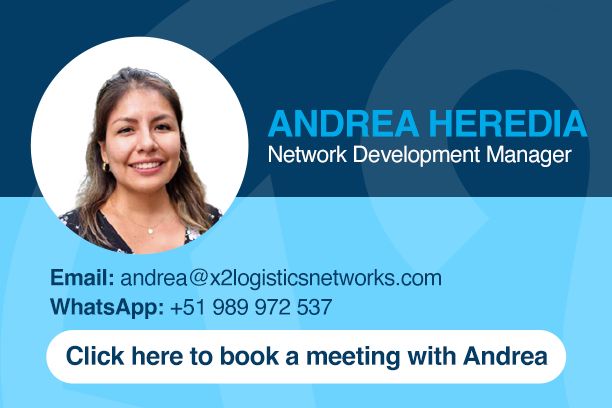RGW Express - Interview with Marcin Raczkiewicz
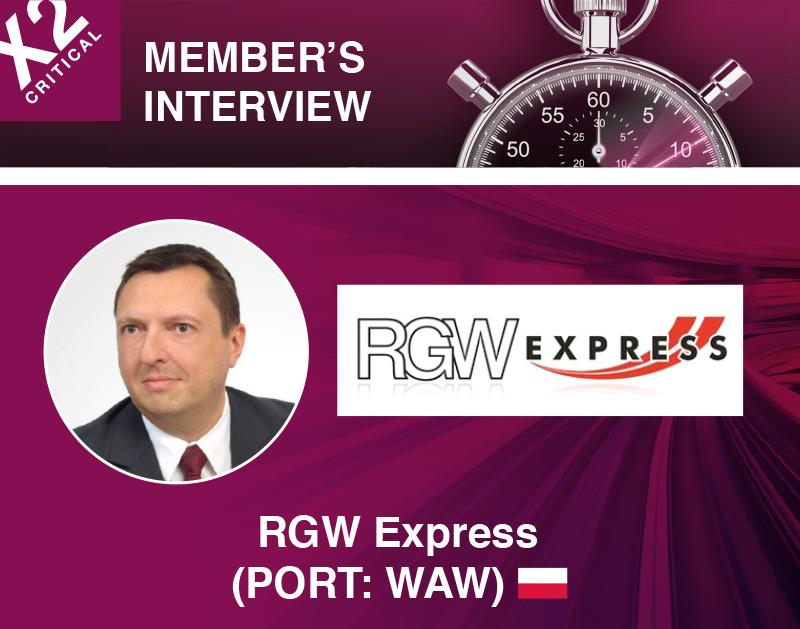

RGW Express was founded in Frankfurt in 1983 which aimed to provide Western service standard to the Communist countries. Hungary & Poland was established in 1990 as a part of RGW Express Group – air forwarding companies focused on the Eastern European countries market. They offer a complete logistic solution for any transportation. They are also IATA Cargo Agent, licensed Customs Brokerage Agent and Authorised Economic Operator (AEO). Let’s get to know the person behind today’s RGW continuous success, their Managing Director - Marcin Raczkiewicz
Can you please describe your day-to-day life as a Managing Director of RGW Express?



MR - MD duties are quite challenging but also giving a lot of satisfaction.
Managing medium size company enforce you to be a specialist in wide range of business activities.
First of all you should have deep professional and legal knowledge what your company do - in our case freight forwarding and Customs brokerage.
The second, you should be a businessman focused on customers satisfaction joined with achieving your company profitability.
You should be also a team leader for your staff so basic psychology knowledge is important.
I do appreciate my master economy studies which gave me a solid background in all above fields. 

On the other hand I'm not a person managing the company behind my desk only. I'm very often involved in daily operations
supporting my staff at any stage of the service offered to our customers. That's what I would never approach in bigger organisation - daily contact with actual operations. So please do not be surprised when on one day I will be your delivery driver or OBC ;-)


What parts of your job do you find most challenging?


MR - Each part of MD duties is important however I would emphasize one element: 
managing and coaching your staff in the way that they try harder every day.
Without well motivated and harmonious team the company is worthless.



How does the current climate affect you in terms of politics, sanctions and etc…? And how you manage this considering that your shipments are time-constraint?
 

MR - Personally I'm against any type of protectionism and politics involvement in the economy.
In long terms it always limits and slows down global economy growth. 
However I understand that sometimes e.g. sanctions are lesser evil in international politics.
Anyway, as we have no influence on that, we just do our own in accordance with current regulations 
and focusing on meeting our customers’ expectations.



What's the most challenging critical shipment you've ever handled? Tell me how you organize, plan, and deliver this shipment.

MR - Each and every critical shipment is challenging until mission is successfully completed.
Planning and organizing must be done promptly and there is no space for mistakes.
We have to act like medical doctor presenting to the customers several treatment methods together 
with their advantages, disadvantages and also risk of failure - which always exists.
Anticipating a few steps forward is a key to success - that's why the original plan has to be always followed by alternative backup solutions.
What are the considerations to be taken when looking for a critical logistics service provider?
MR - I'm afraid that there are still a lot of shippers focusing on the costs issue and selecting a time critical service provider based on one factor only - price. However I also see that marketing and PR elements are influencing the customers' decision process. Unfortunately there is still lack of appreciation of such features of time critical service provider like reliability, actual knowledge, resources and experiences. Shippers should consider these elements to avoid disappointment and very often high costs of selecting wrong partner.
What kind of industry does Critical Logistics handles? How does it changed over time?
MR - We are focusing on aviation, automotive and bio pharmaceutical industry. I've been in that business for already 23 years. During this time I have seen a lot of changes but most interesting for me is not the past but the future. Currently I wonder what changes will bring to the automotive sector development of electric vehicles. Can we imagine how many automotive spare parts like fuelling systems, gear boxes, clutches, exhaust systems, combustion engines will disappear?
How the technology does helps in the future of time critical shipment handling?
MR - I'm sure that current IT and computer's technology will be improving the process of ordering and tracing also time critical shipments handling. However, that type of service will still need a dedicated human being to physically monitor the process and react in critical situations.
What type of aircraft do you most commonly used for shipments?
MR - We mainly use narrow body aircrafts
What do you find to be the most exciting aspect of your profession? Is it the urgency of handling client needs, or something else?
MR - The most exciting and rewarding is getting customer's thanks for completing impossible mission :-)
For time critical shipments, do you find it to be more advantageous as an agile small or medium sized business than a larger organization such as a MNC?
MR - Medium sized business is the best option - small enough to be flexible and big enough to have resources . Let's say purchase power, small business can offer some price competitive solutions but they will never be able to guarantee the same stable service level and safety of handling as medium or big players can do.
Member Testimonials
Our Partners
X2 Conference
Our special networking event is about smart freight forwarders coming together to grow and develop business within the group by providing an opportunity for all members to gather in one place to form and extend personal relationships.
- 1
- 2
- 3
- 4
- 5
- 6
- 7
- 8
- 9
- 10
- 11
- 12

NEW YORK
- 1
- 2
- 3
- 4
- 5
- 6
- 7
- 8
- 9
- 10
- 11
- 12

sao paulo
- 1
- 2
- 3
- 4
- 5
- 6
- 7
- 8
- 9
- 10
- 11
- 12

london
- 1
- 2
- 3
- 4
- 5
- 6
- 7
- 8
- 9
- 10
- 11
- 12

dubai
- 1
- 2
- 3
- 4
- 5
- 6
- 7
- 8
- 9
- 10
- 11
- 12

bangkok
- 1
- 2
- 3
- 4
- 5
- 6
- 7
- 8
- 9
- 10
- 11
- 12

hong kong
- 1
- 2
- 3
- 4
- 5
- 6
- 7
- 8
- 9
- 10
- 11
- 12

tokyo
- 1
- 2
- 3
- 4
- 5
- 6
- 7
- 8
- 9
- 10
- 11
- 12

sydney
Book a Discovery Call with our Network Development Managers
Got questions or want to explore new opportunities within our networks? Schedule a one on one meeting with our Network Development Managers.
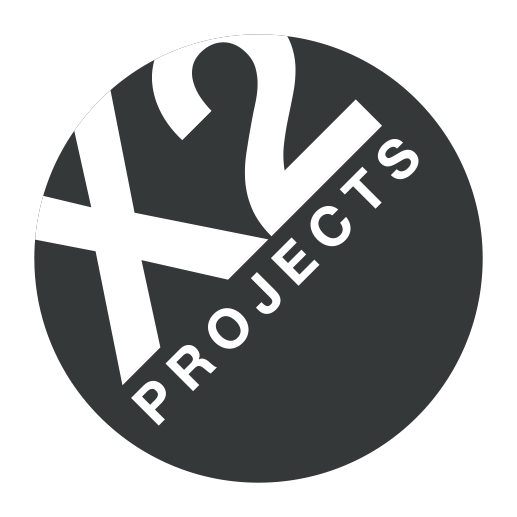









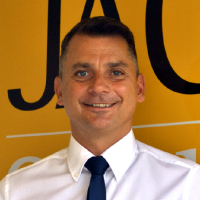















.jpg)







